A few words from RASTA’s Founder:
This post may be controversial but I’m going to come right out and say it. I have absolutely zero respect for animal rescue or sanctuary organizations that don’t speak out against animal abuse and exploitation. Everyone who works in the animal rescue world knows full well that education is the most important tool we have when it comes to effecting any real change. The fact is that we are never going to rescue our way out of the animal holocaust and overpopulation crisis, or the systematic cruelty and suffering that animals endure on a daily basis. The only way that we will create any real change is through education.
Taking a stand and speaking out against animal abuse isn’t easy and it comes with a price – the inevitable loss of support from people who aren’t ready to receive the message. Every time that RASTA posts something educational about the realities of how animals suffer in various industries, the number of our page Likes goes down. It doesn’t matter if we’re talking about puppy mills, horse slaughter or animals locked in hot vehicles, like clockwork, people always leave our page when we say something in relevance to animal welfare. This is most ironic because you would think that the followers of a sanctuary for rescued animals’ page would come to expect us to be a voice for the victims, but all too often people get upset when we advocate for their rights. That’s not to say that we don’t have a magnificent following of true animal advocates, it’s just disappointing to see the loss of support every time that something important is said. Regardless, as a rescue organization it is our duty to speak out against abuse in order to have any sort of meaningful impact in our community and beyond.
While posting nothing but custie pics is sure to amass a greater following and perhaps garner more personal benefit to an individual animal rescue or sanctuary organization, it does absolutely nothing to help animals on a whole. RASTA has always been an animal advocacy organization, as well as an animal rescue organization and will continue to be because we recognize the fundamental importance of both aspects when it comes to helping animals.
I’d like to thank all of our amazing followers who have supported our rescue and advocacy efforts over these many years and continue to by sharing our messages with the rest of the world. The stories and images may not always be pleasant but it’s important to know the truth.
For those who have chosen to leave our page because you weren’t ready to receive the messages we had to share, I hope that one day soon you will come to realize that the suffering of other sentient creatures is not unlike that of your own. We all want to live, be free from harm and suffering, and have the same right to a happy and healthy life that you strive for.
To the rescues and sanctuaries who are speaking up and speaking out on behalf of the animals and at the risk of losing support, thank you! You are making a difference and your efforts are deeply appreciated.
And to those rescues and sanctuaries out there that aren’t doing diddly squat to advocate for the animals, get your act together and start speaking up! Together we are a stronger voice and stand to create greater change when united.
– Lucie Cerny, Founder of RASTA
(Rescue And Sanctuary for Threatened Animals) Est. 2001
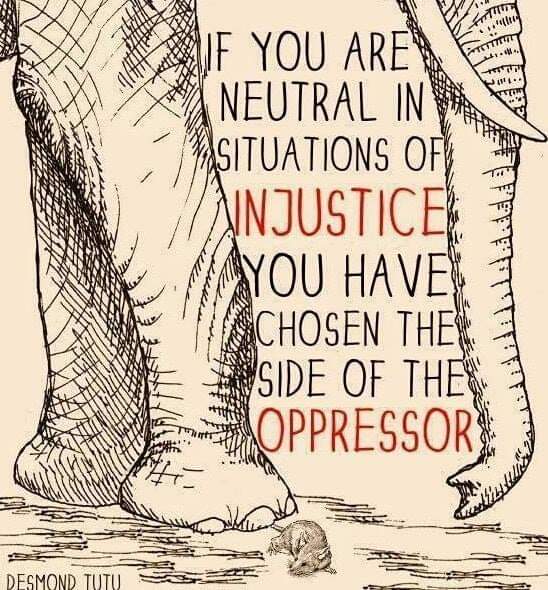
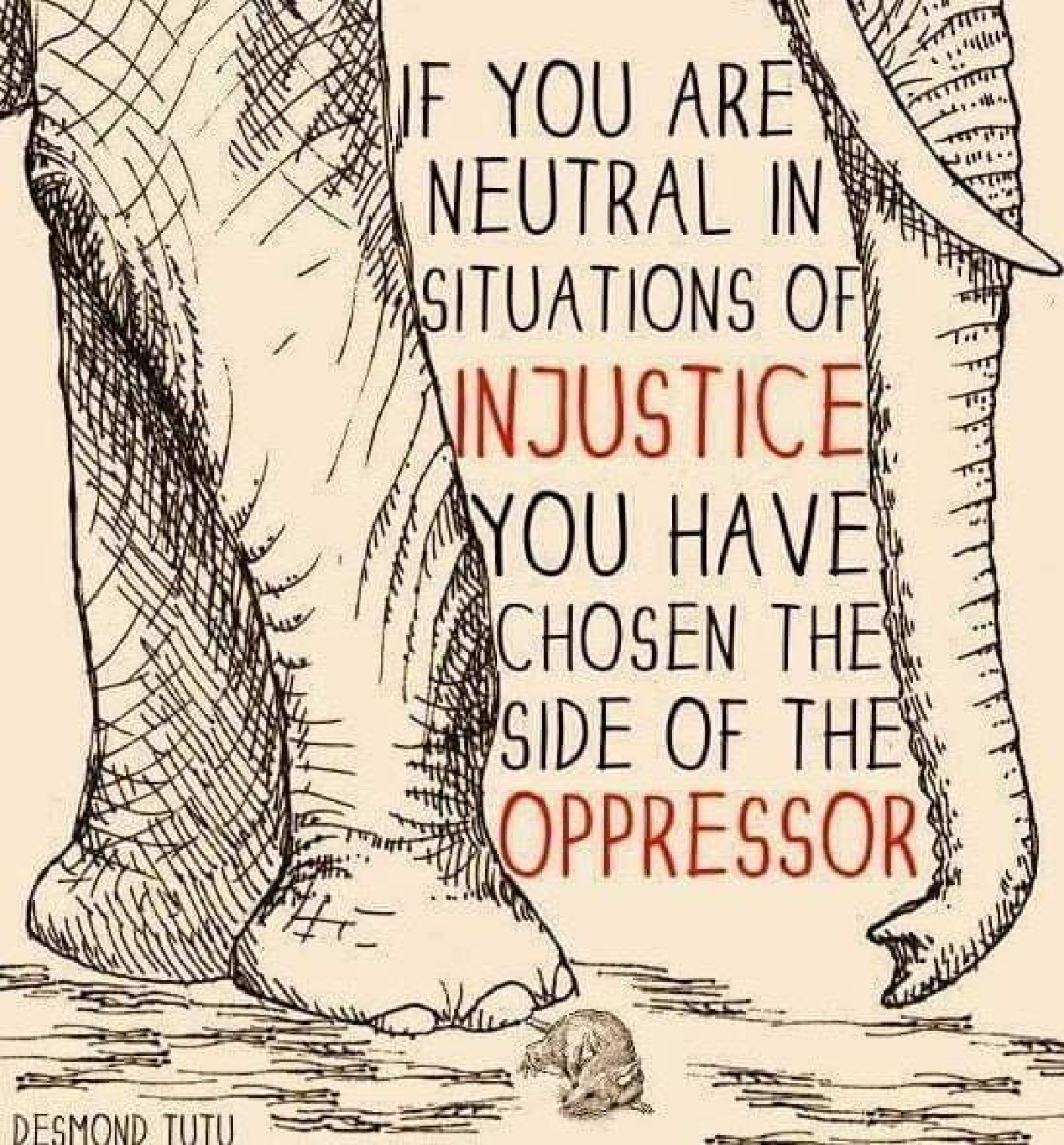
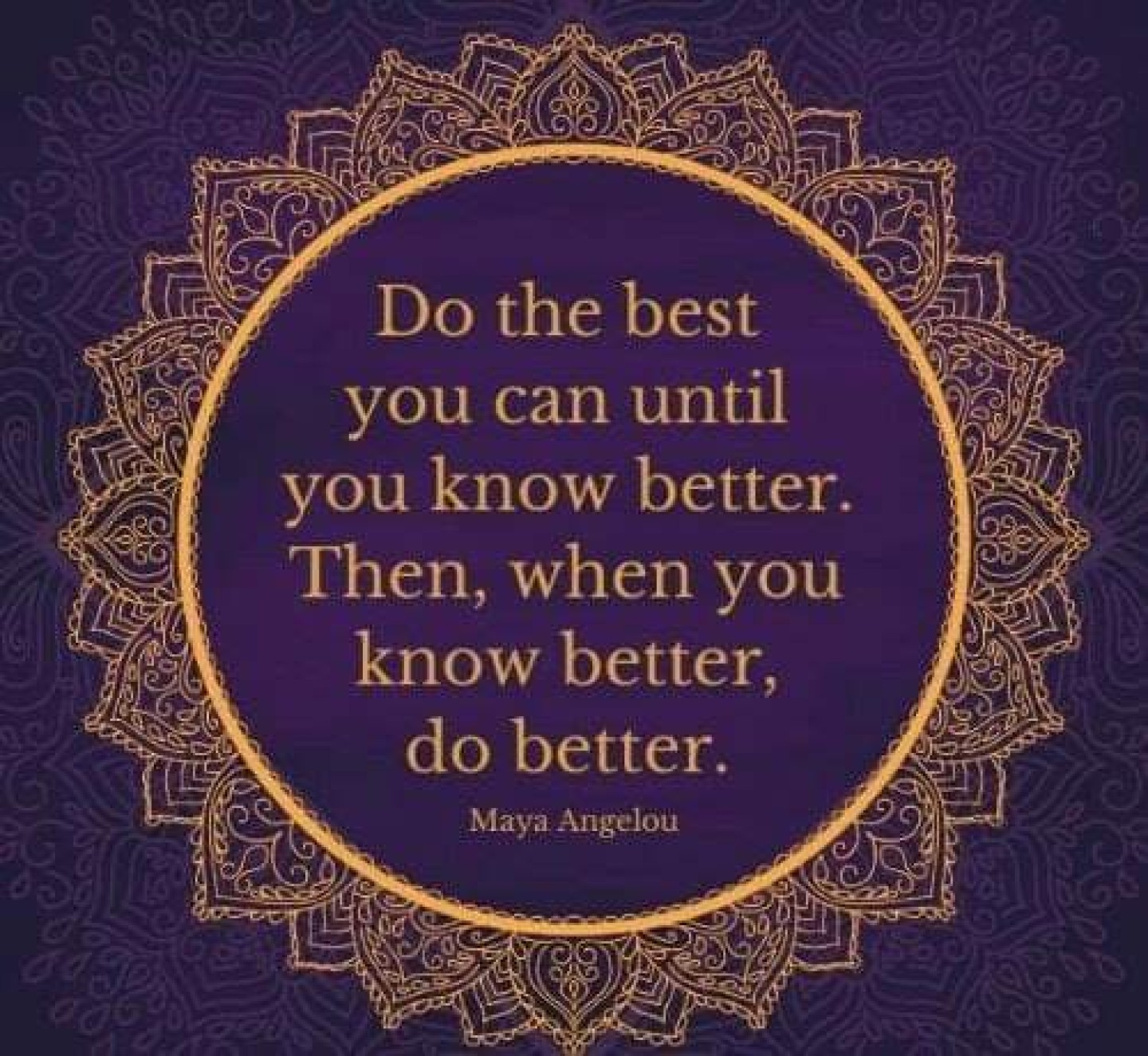
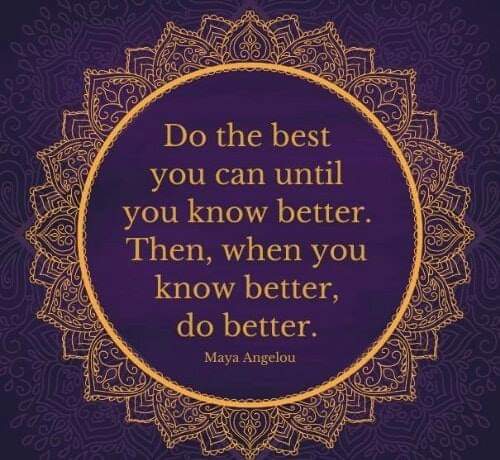
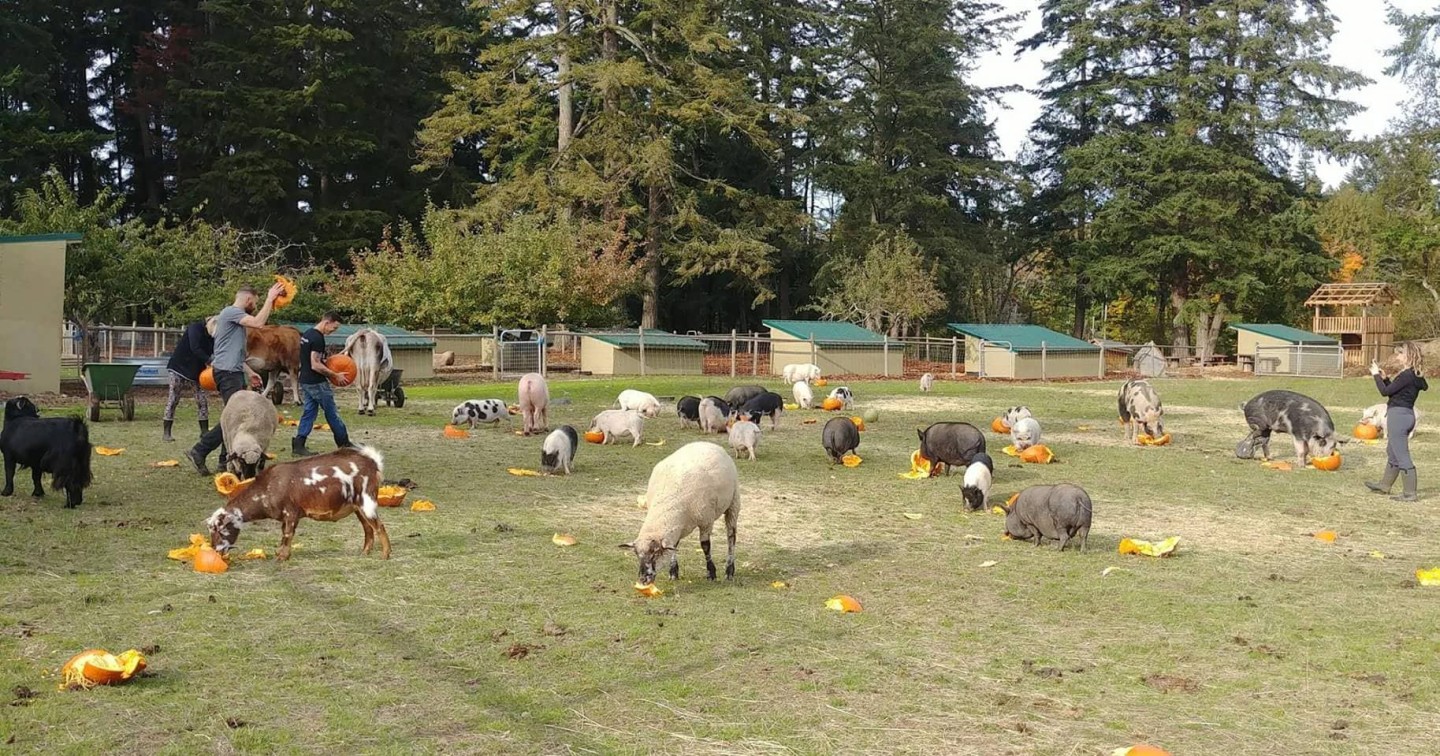
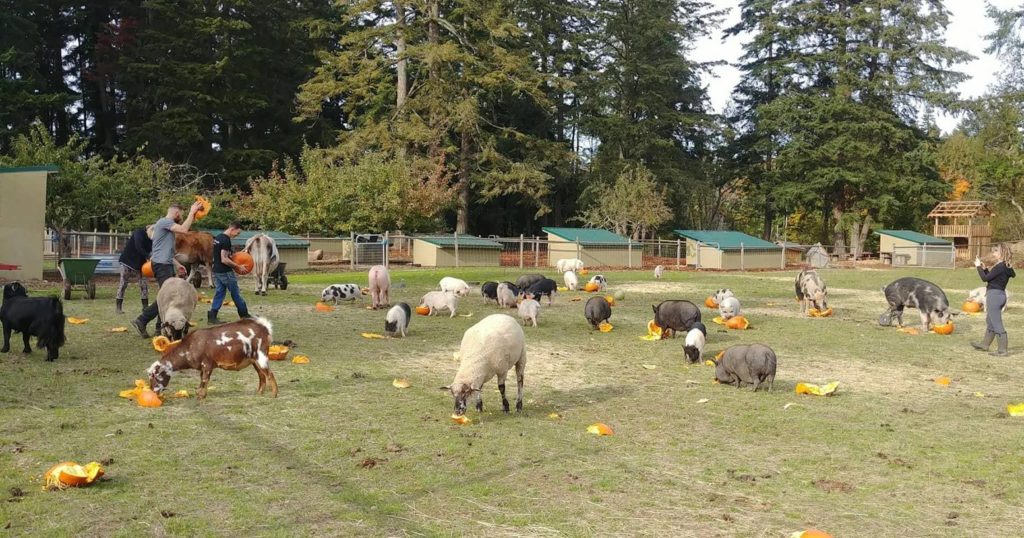
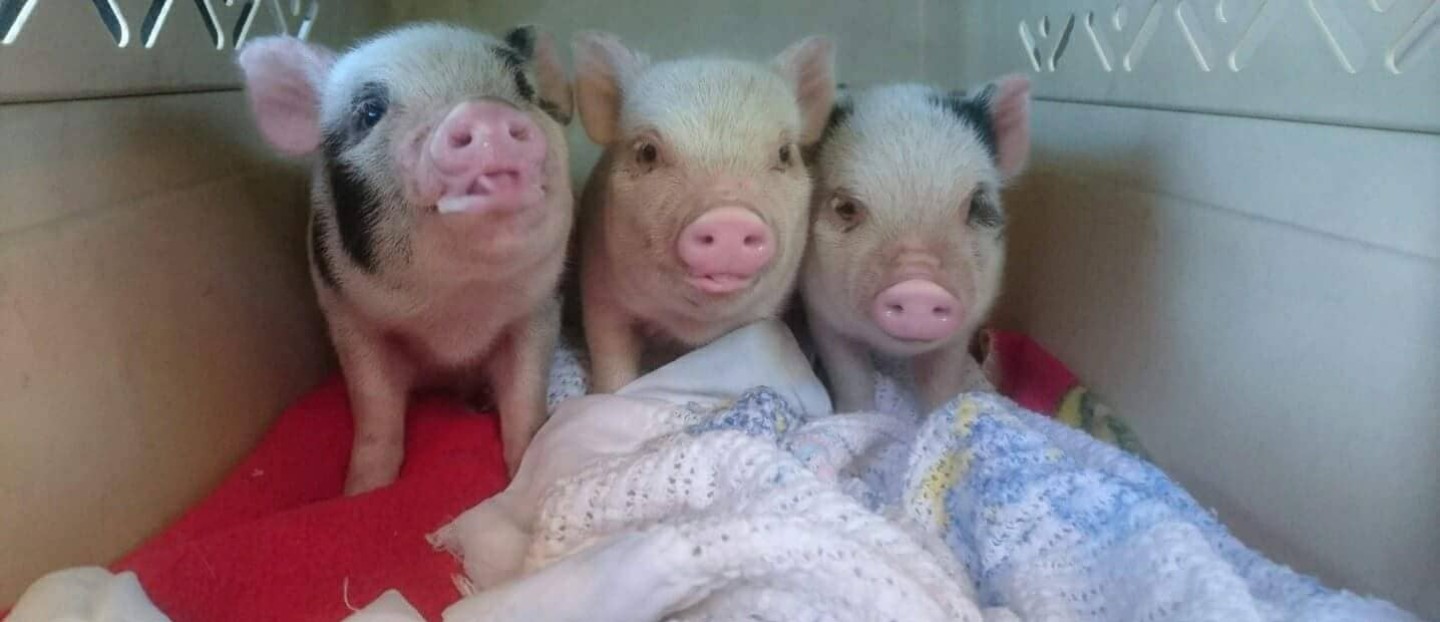
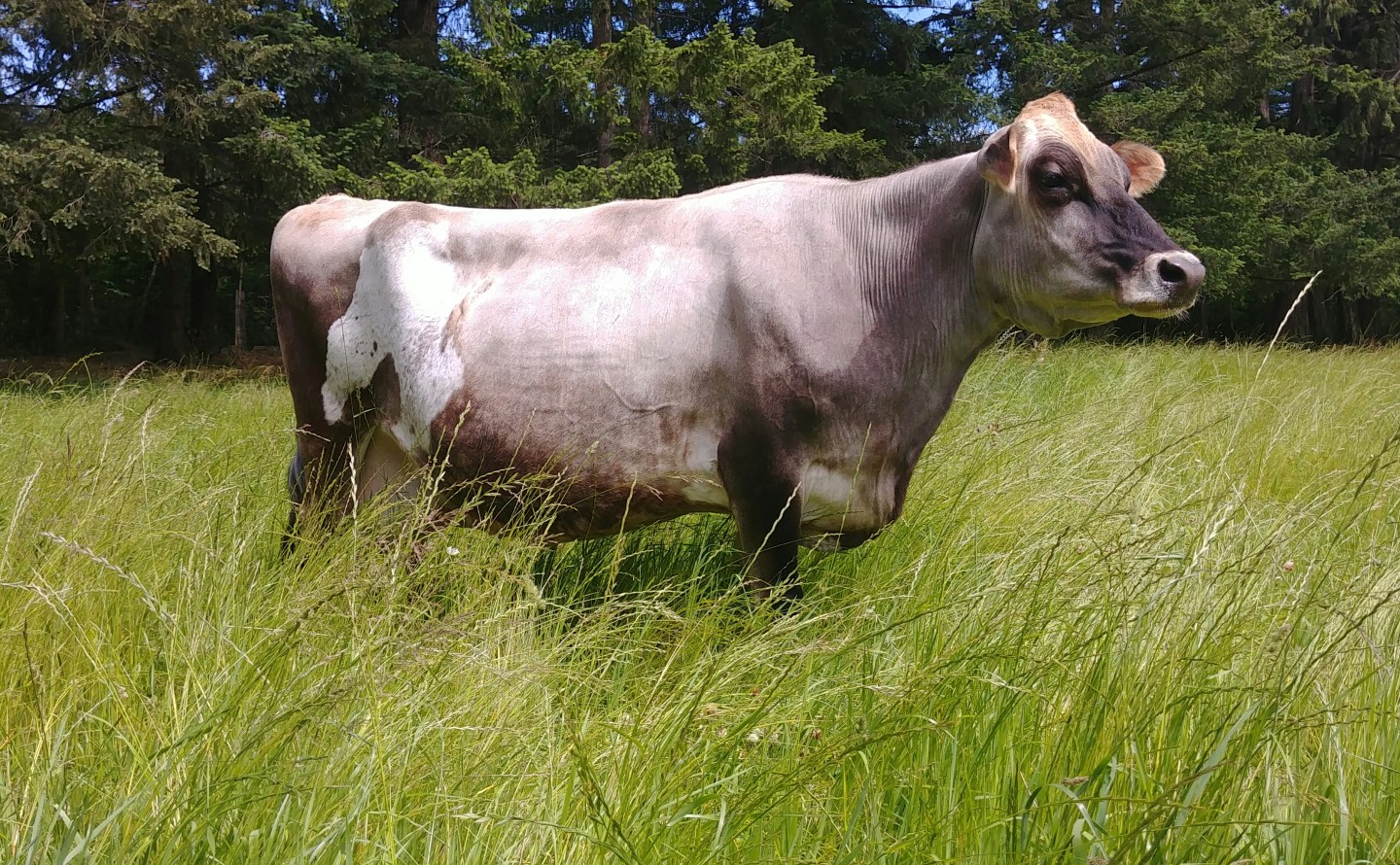
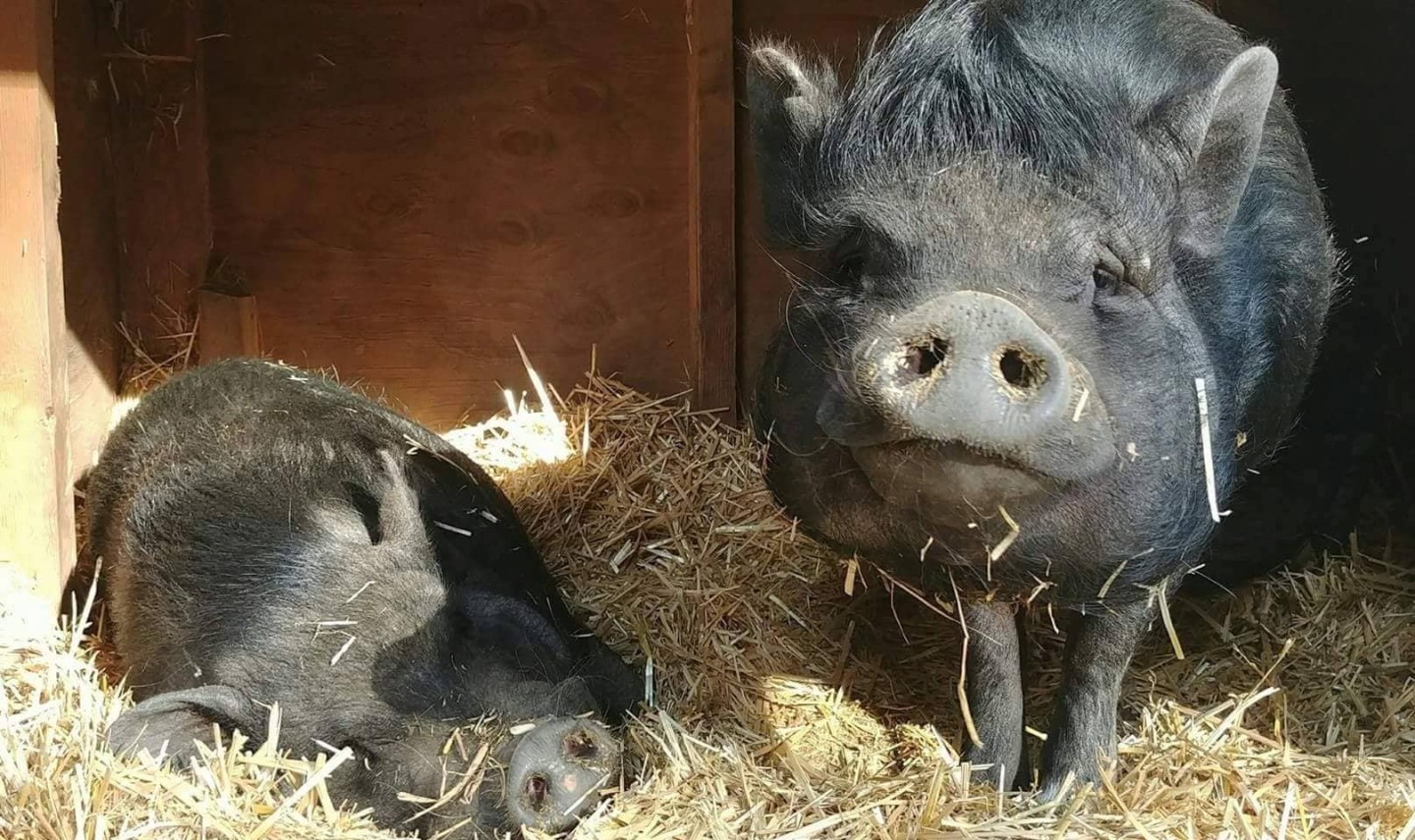
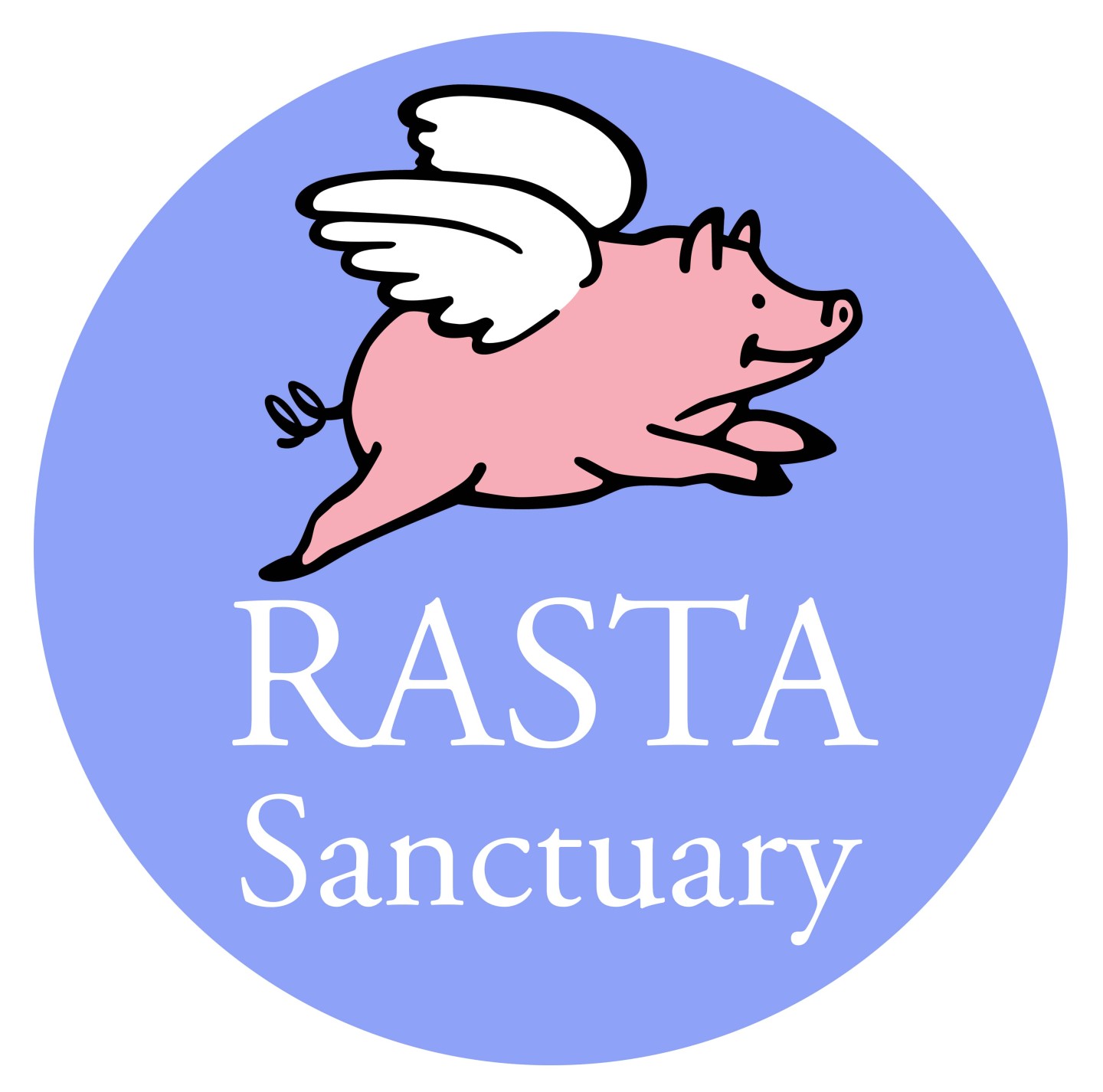
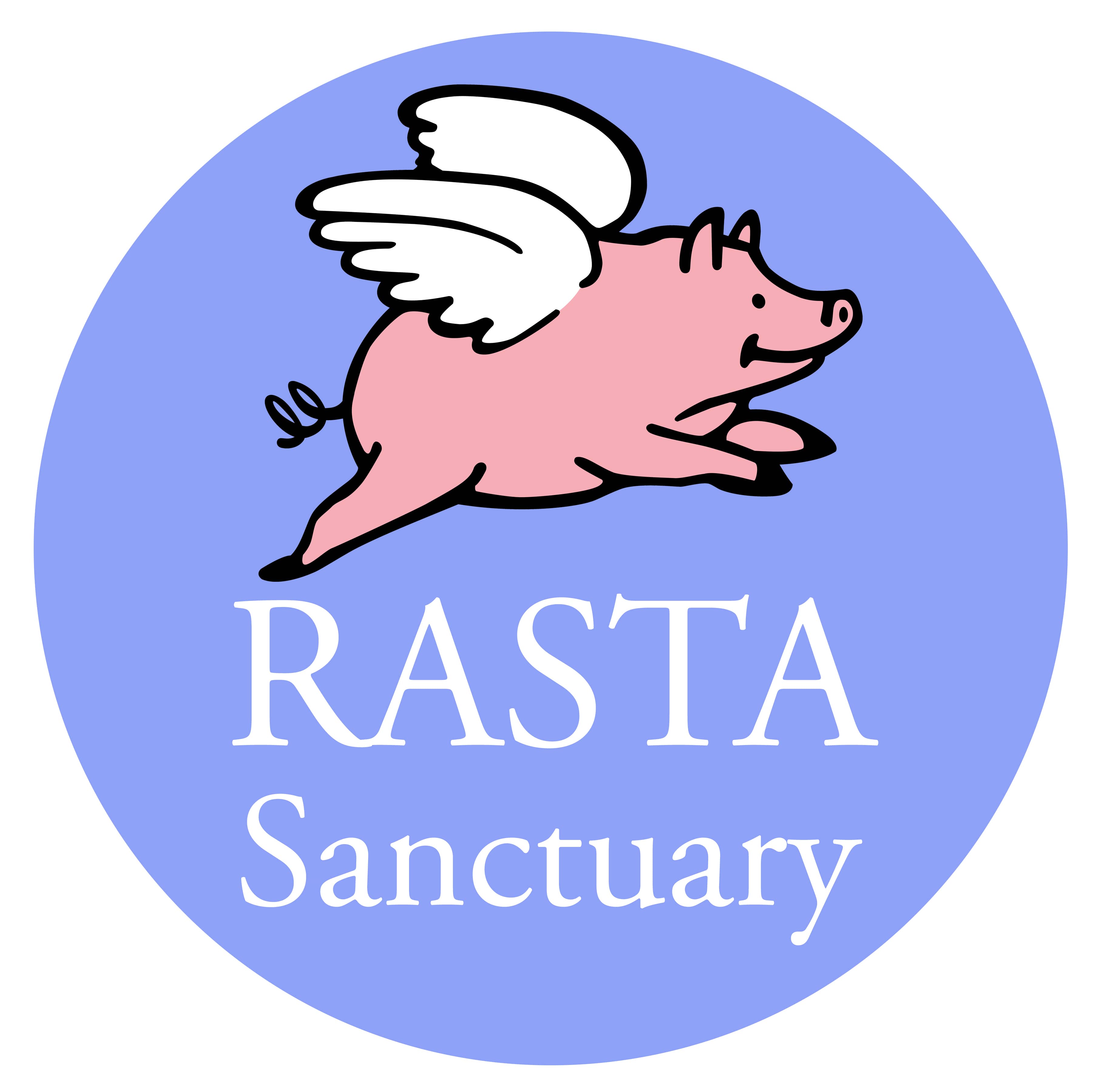 For those who don’t know RASTA’s history, the flying pig has a great deal of meaning to us because in many ways RASTA has been doing the impossible from day one. From our initial start up in Alberta as the first and only Sanctuary for rescued farm animals almost 20 years ago, we pioneered the way for a strong farm Sanctuary movement in what some might refer to as the wild west of Canada.
For those who don’t know RASTA’s history, the flying pig has a great deal of meaning to us because in many ways RASTA has been doing the impossible from day one. From our initial start up in Alberta as the first and only Sanctuary for rescued farm animals almost 20 years ago, we pioneered the way for a strong farm Sanctuary movement in what some might refer to as the wild west of Canada.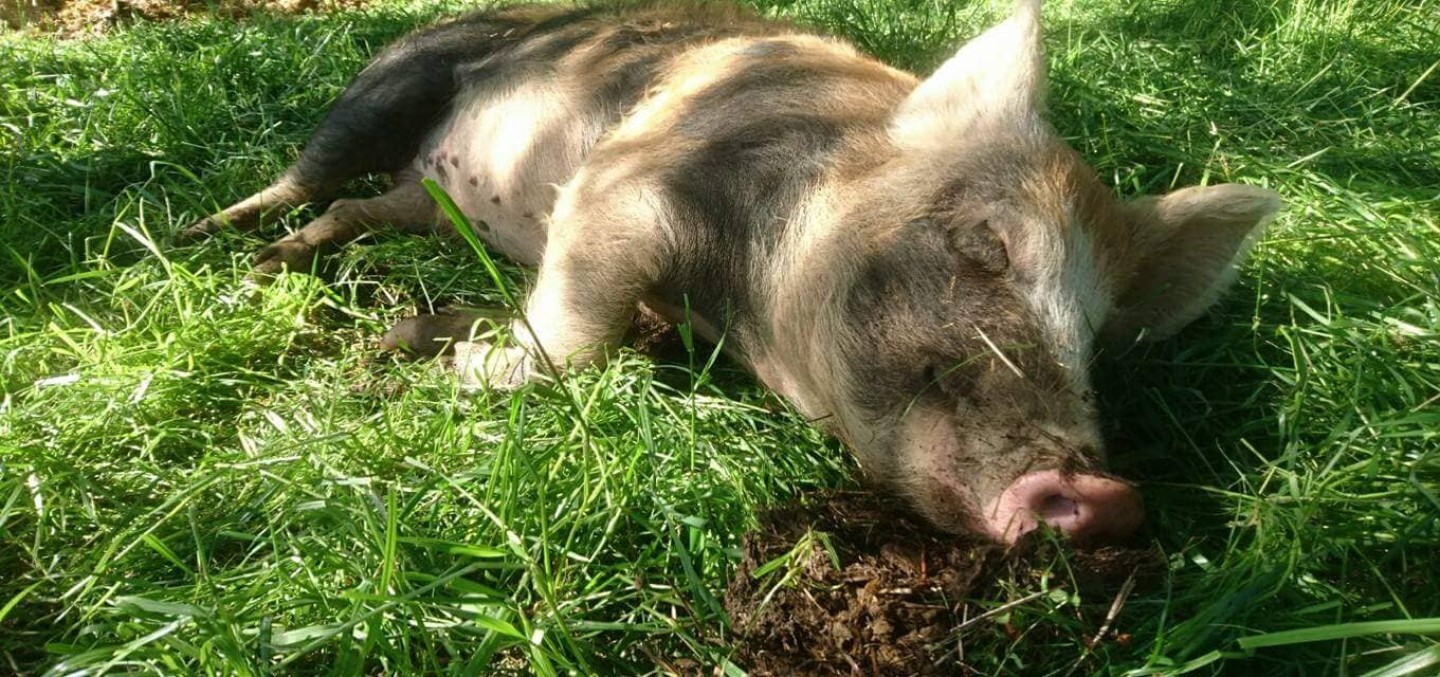
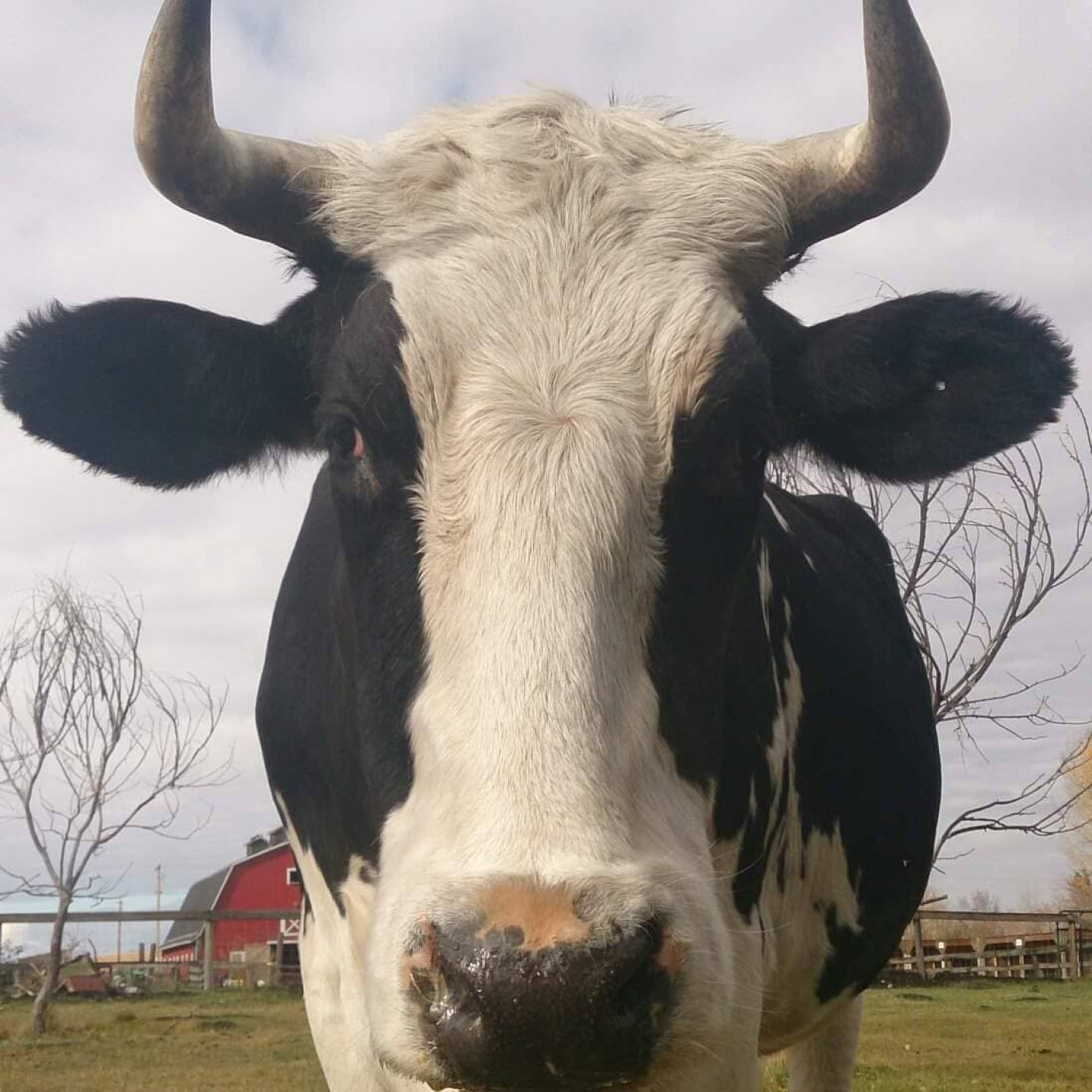
Recent Comments